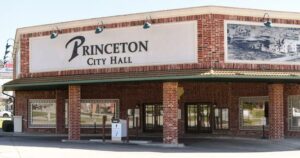It’s time to come clean on something, which is part of this journey I have been traveling since I first started collecting Social Security retirement benefits.
It deals with the current dispute in the Texas Legislature over how to reduce property taxes. I haven’t followed the issue as closely as, say, some members of my family. Why not? Because the state of Texas does an extremely good job of protecting us old folks from the pressures of paying increasing property taxes.
You see, we have these homestead exemptions and senior exemptions that freeze our property taxes.
It doesn’t mean that I don’t care about how local governments are spending my tax money. I do watch the Princeton Independent School District, the City of Princeton, Collin County and Collin College spending issues carefully. I don’t want the taxes I pay to be wasted on frivolous expenditures.
It’s the debate over the amount I pay that slides past me.
Legislators are bickering among themselves over how to cut property taxes. So are Lt. Gov. Dan Patrick, House Speaker Dade Phelan and Gov. Greg Abbott. They’re sniping among themselves over which plan is suitable. Gov. Abbott says he’ll keep calling lawmakers back to special sessions for as long as it takes to get his way on the issue.
Meanwhile, he’s vetoing legislation that does affect me and my fellow Texans to force legislators to see it his way. That’s not a good look, governor.
I’ll just let ’em keep bickering over property tax reform. I have no particular opinion on which plan works best for me. I’m an old guy. The Legislature already has solved the issue for me.


